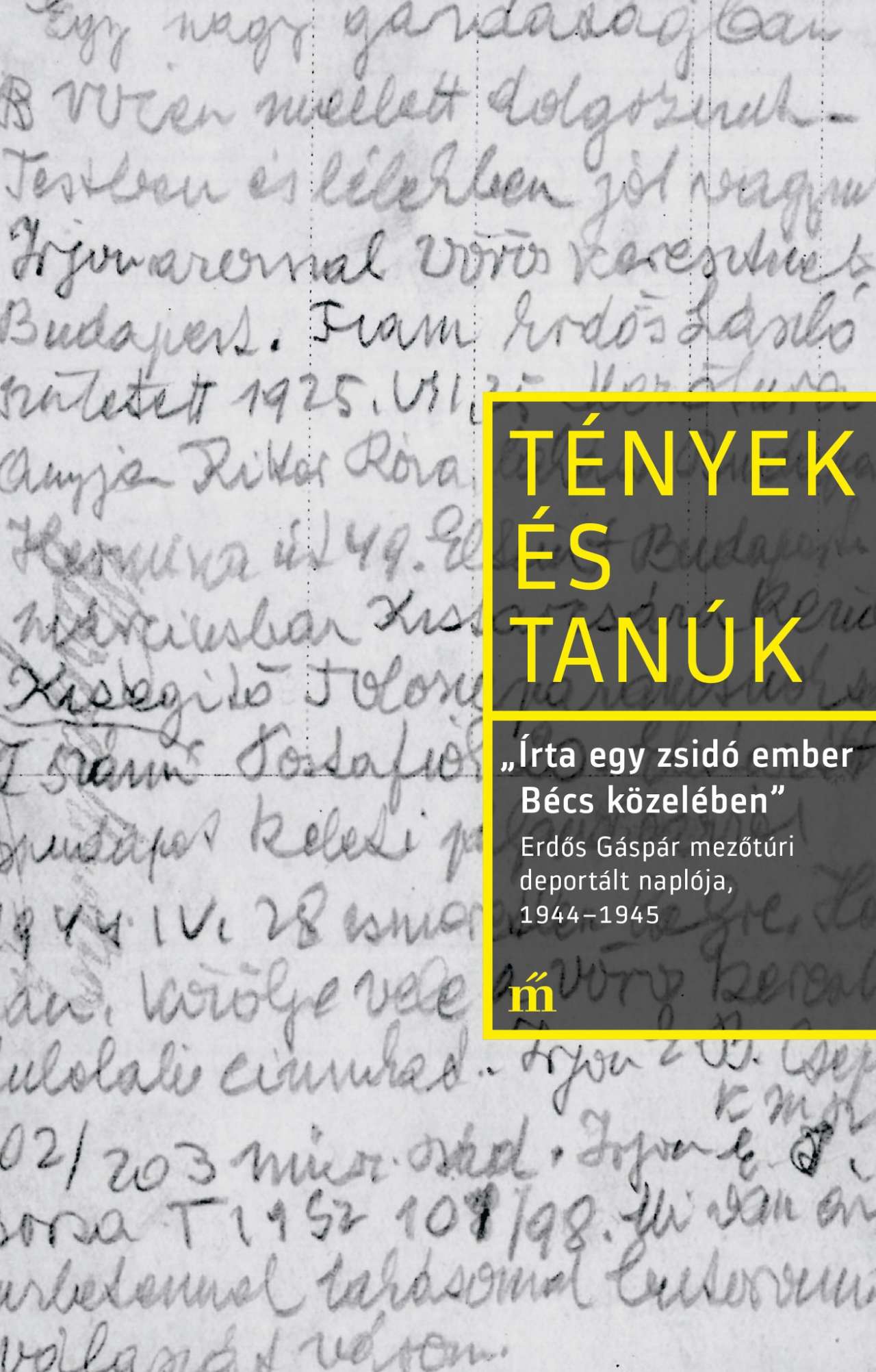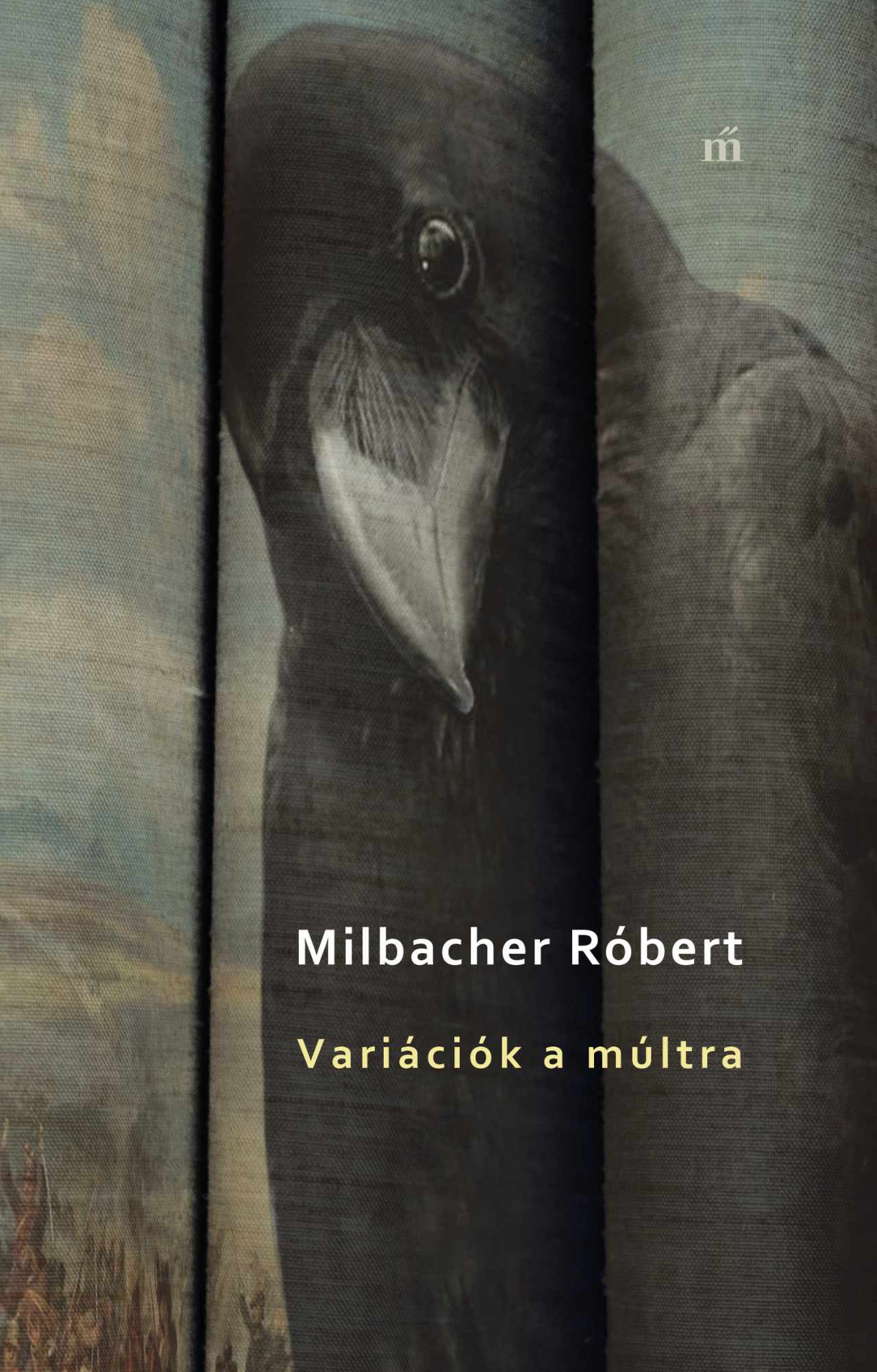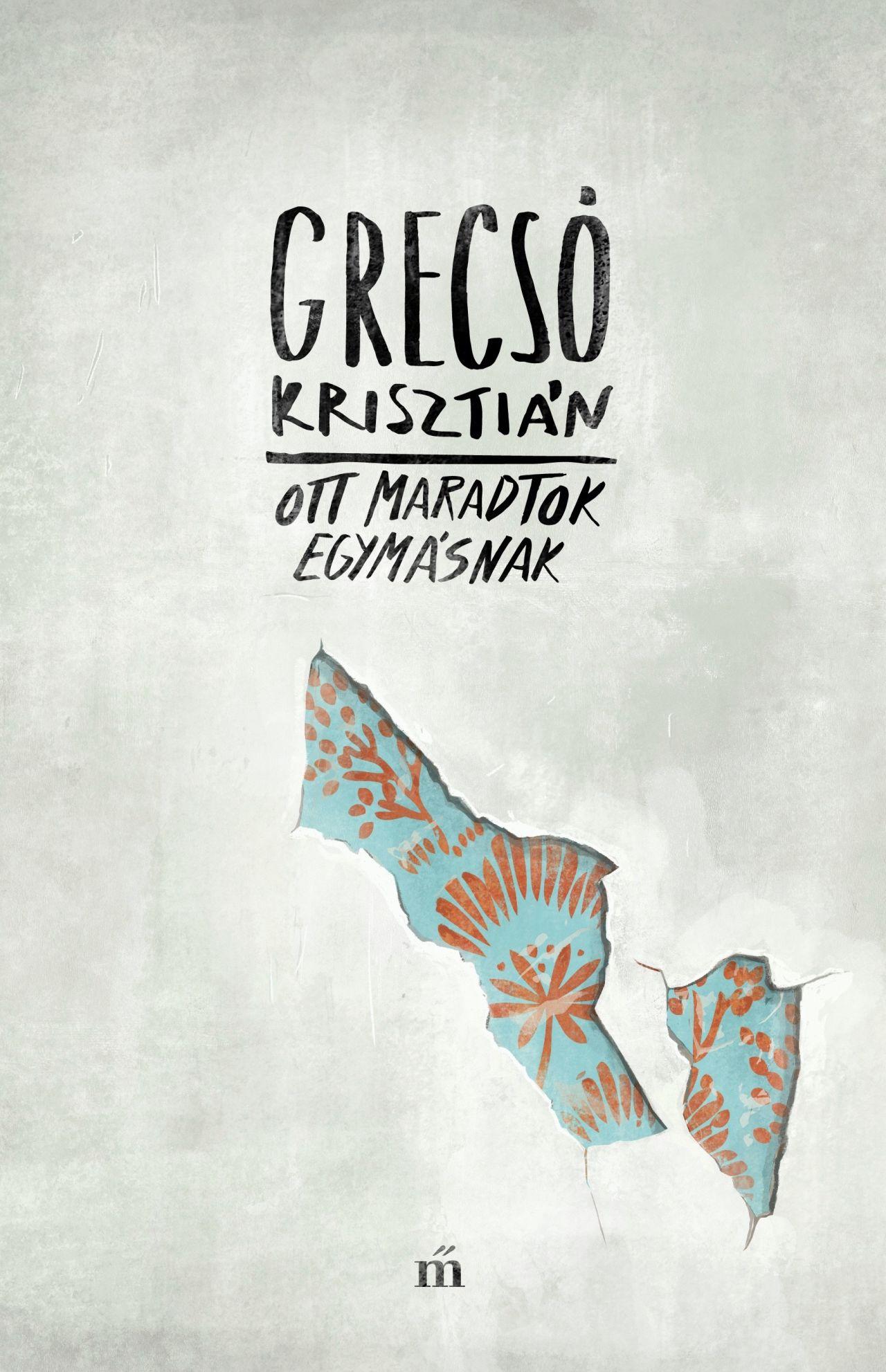The first stage of motherhood – pregnancy – is a taboo which is not even an obvious one. That makes it all the more challenging to confront it, and this is precisely what Noémi Kiss’s book does.
The presence of women writers in Hungarian literature has become more and more visible in the last few years. One could debate the term ‘women’s literature’, and even whether one should make a distinction between male and female writers; however, works written by women have undoubtedly added new perspectives, new voices and of course new topics to the palette of contemporary Hungarian literature. Among the new topics, the greatest novelty is perhaps not so much the description of women's mental and psychological processes but rather the attention given to the female body. Texts written by women verbalize female sexuality and the relation of women to their own, as well as to the male, body. Many aspects of this topic, including rape and abuse, are becoming less and less taboo; however, motherhood, and especially its bodily aspects, continues to be a neglected topic, with the exception of Anna T. Szabó’s poems.
The first stage of motherhood – pregnancy – is a taboo which is not even an obvious one. That makes it all the more challenging to confront it, and this is precisely what Noémi Kiss’s book does. The short stories, monologues and notes making up the volume entitled Ikeranya [Mother of Twins] describe the happy and liberating yet at times harrowing months of pregnancy and the first year after the birth of the children, and they do so with extraordinary power and lyricism. Mother of Twins is a brave book that aims to go beyond the commonplaces of motherhood and show the naked reality, painting the colours and depths of this state with fresh and unexpected expressions and diction.
Noémi Kiss’s earlier volumes (e.g. Tattered Jewel Box, see our review) focused on travelling, which may give us the impression that her topics and her perspective have radically changed. Yet Kiss seems to experience motherhood as a trip – one that leads us inside, dissolving, then reorganizing the structure of the personality; into the past, to a re-evaluation of our relationship with our own mother; and into the future where we are supposed to make something out of this tremendous experience.
The stories that range in time from the conception of the twins to their first birthday are alternately told from the point of view of the mother and the babies. They do not follow a strict chronological order but are arranged around certain nodes: the pains and fears of artificial insemination, the unexpected, early labour, the struggle for life of the prematurely born babies, the slow development, the constant anxiety and fear, the struggle for conception, then for keeping the babies alive – all described very vividly, owing to a diction that merges vulgarity and naturalism with a fragile beauty, in the same way as in the experience of motherhood, bodily fluids, wounds and pain merge with a floating, blissful mental state. Noémi Kiss has found a perfect way to articulate this discordant yet inseparable duality: “Mary is sitting in the manger, bending down, trying to fly, not managing. Her wings are broken. Covered with a veil, she is breastfeeding. Her tears are falling. She is talking to the infant. (…) The angel had mentioned that this was to be expected, but this is a thousand times tougher. She is with her back to us so we don’t see her, her vagina is sore, her nipples are burning as the baby is biting on them, a stream starts to fall from her eyes. The sugar is squelching and dripping. It is called life whereas in fact one almost dies of it. It is called life and it is unbearable.”
The structure of the book, as well as its language, successfully captures this bodily and mental experience. Joined together by associative links, the texts are verbal representations of the disorder that is all too natural in a mental world controlled by hormonal changes, at times on the brink of disintegration.
A teljes kritika itt olvasható »
Forrás: Hungarian Literature Online, 2013. augusztus 6.













